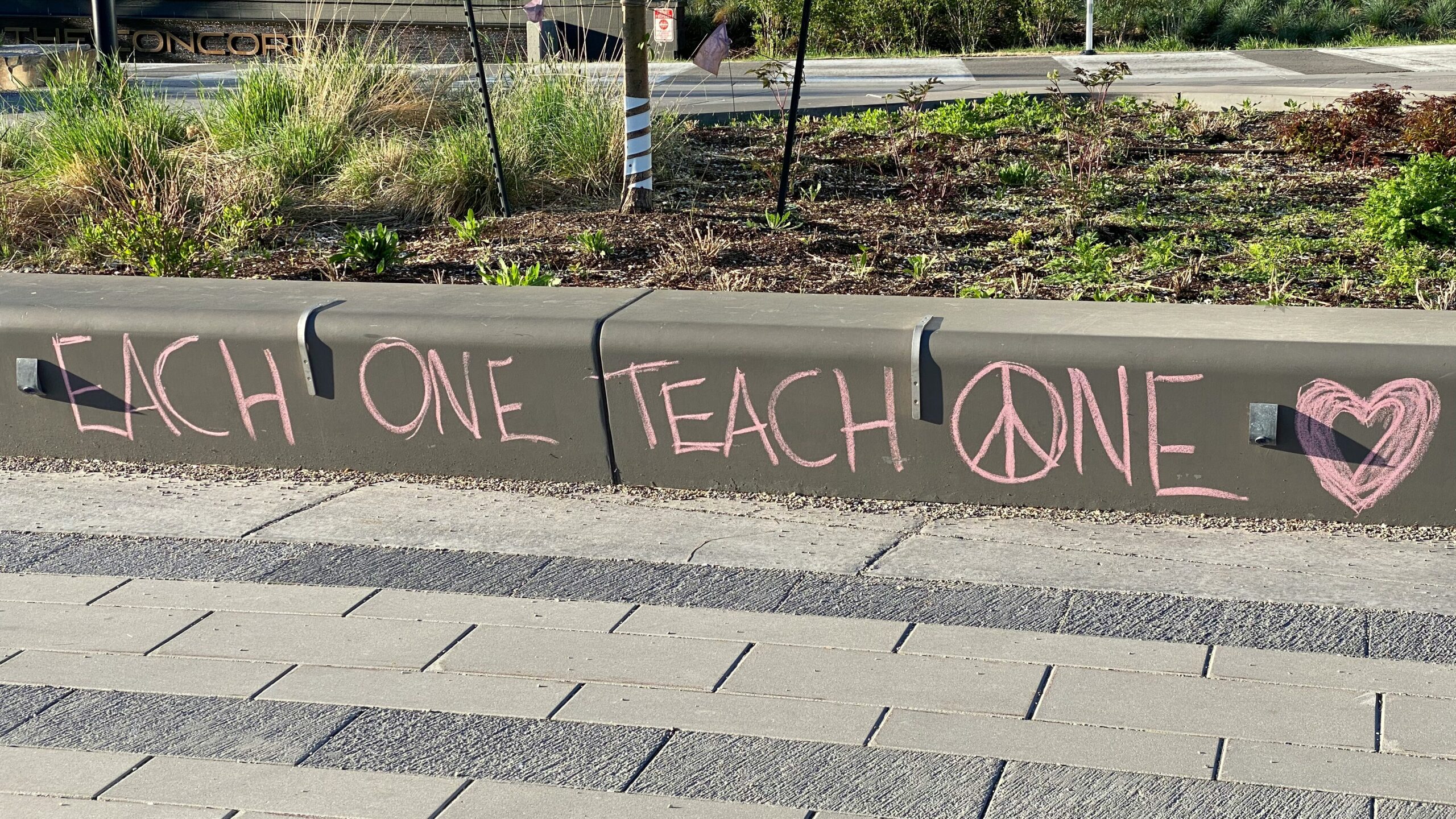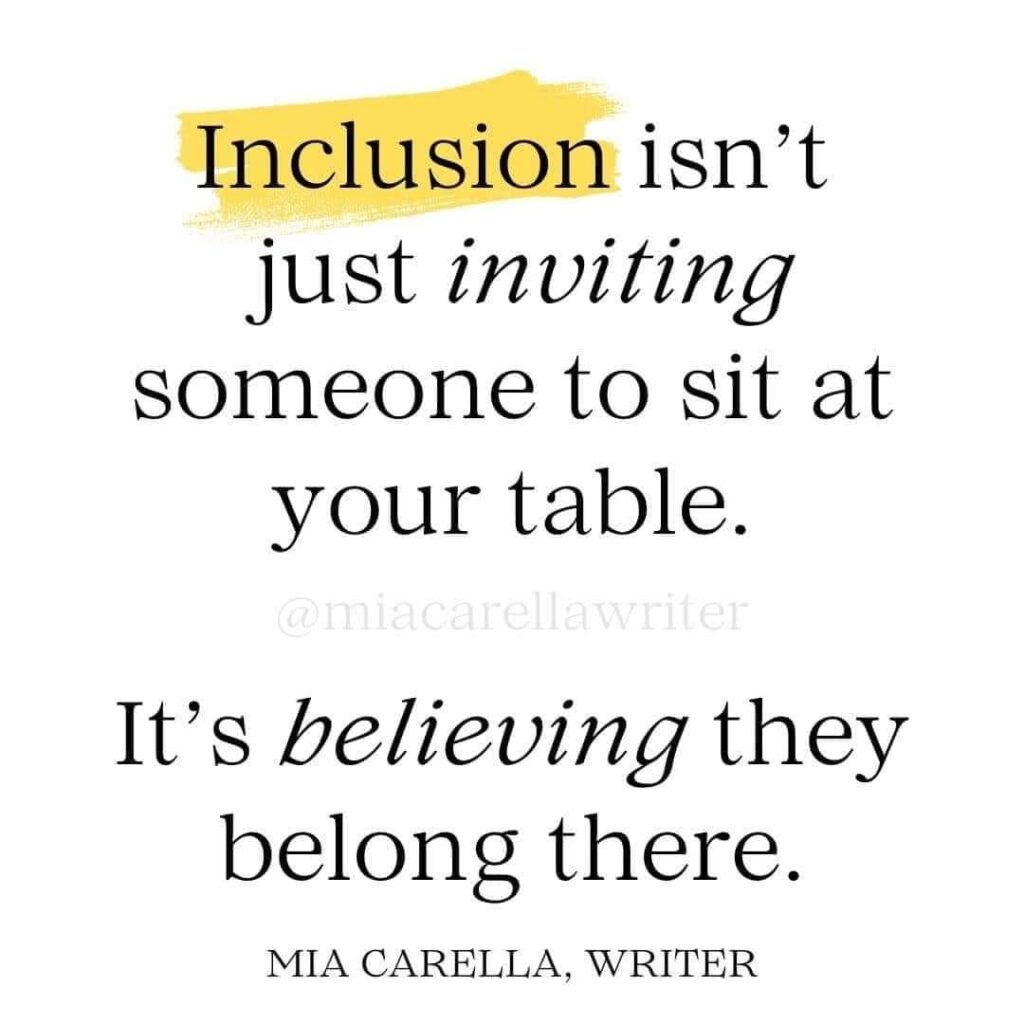When I think about Universal Design for Learning, or UDL, my mind goes to accessible accommodations for every student and teaching techniques to stimulate and resonate with every learner in the classroom. CAST.org describes UDL in a similar way, saying that UDL is “a set of principles for curriculum development that give all individuals equal opportunities to learn” (2014). This certainly aligns with similarities in my understanding of the UDL framework, but CAST focuses more on the depth of what the principles can achieve in curriculum. What I haven’t previously considered is an aspect of UDL that is so common it fully slipped my mind: online learning.
This week I looked at the resources provided and found a common theme among them: Considering what true inclusive practices means in online education.
I also wanted to find the overarching principles to help guide inclusive practices in my own approaches. Here is what I found:
- Intentional design (designing through UDL and inclusive design principles as guiding practices while designing online learning platforms and content)
- Learner diversity (recognizing and responding to the various skills, abilities, and limitations that all learners possess, and using these considerations as opportunities to adapt online learning to meet these needs
- Continual questioning (finding new and old spaces to redesign and modify to increase the inclusive atmosphere and offering questions about previous design choices, not with judgment, but with curiosity about the decisions made and who was in mind for these designs)
Writer Mia Carella supported the movement in her quote:
Carella speaks to the belief of inclusive practices, and while it is important to hold such a belief, it can appear simplified and surface-level. I found Russell Lehmann’s post on Linkedin even more profound when he stated:
“Inclusion isn’t about being invited to sit at someone else’s table, it’s about building a new table together, where each person’s voice and presence matter equally. The act of inviting often implies a subtle power dynamic, as if someone is granting permission to belong. But true belonging isn’t something that can be granted; it’s something that should emerge naturally, from a shared understanding and mutual respect.”
Russell Lehmann, 2024
Lehmann captured perfectly the complex dynamics of true inclusion and went beyond the simple ‘invite’ to expressing the actions of inclusion. Inclusion is both the mindset, to consider the gaps and cracks through which people fall, and the real movement of progressing communities and spaces forward to be more inclusive for all learners and people.


